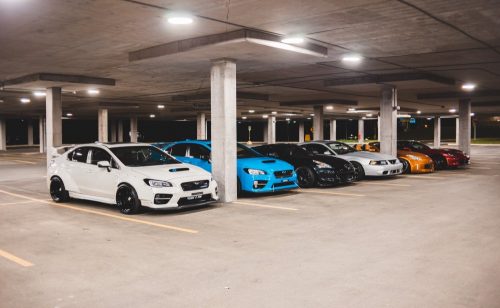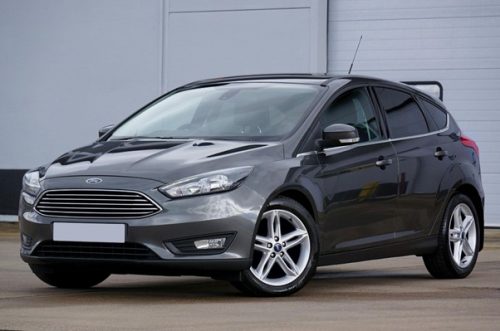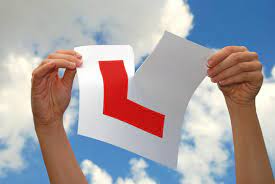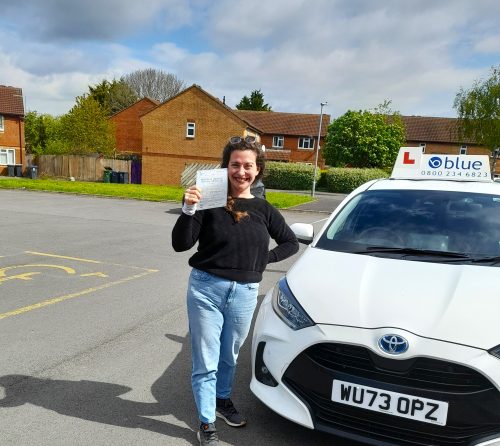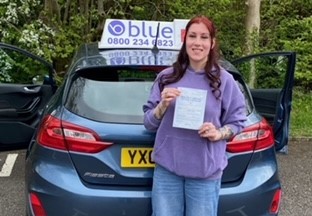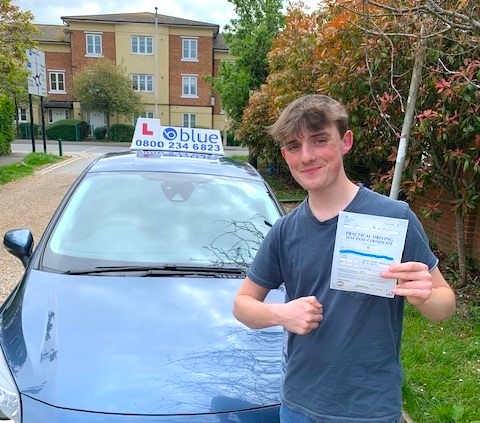
The Pros and Cons of Buying a Used vs a New Car
Posted in: Driving Tips, News.

Image Source: Pexels
The Pros and Cons of Buying a Used vs a New Car
One of the most iconic debates in the automotive world is whether you should buy new or used. There are solid arguments on both sides of the ledger. This can make it a bit overwhelming when it comes to purchasing a vehicle — especially if you’re a new driver.
Here is a short-hand breakdown of three of the biggest pros and cons associated with purchasing both new and used cars.
New Cars
New cars are shiny, fun, and they have that alluring new car smell. However, it’s important to do your homework and make sure you’re well aware of the good, the bad, and the ugly when you sign up for a shiny, brand new vehicle.
Pros
Apart from the luster and smell of the vehicle itself, there are a few really nice perks that come with owning a new car, such as:
- Reliability: One of the greatest pluses that comes from having a new car is the fact that it’s reliable. Repairs shouldn’t be a consideration for years to come.
- Warranties: Even if your new car does have an unexpected problem, chances are it’ll be covered by a manufacturer warranty, a dealership warranty, or both.
- Efficiency: Most new cars are going to have the best mileage and the lowest running costs.
Cons
While there are clear benefits to having a new car, there are a handful of very significant counterpoints that factor into the equation:
- The price tag: In early 2020 the average cost of a new car was a staggering $37,851. Owning a new car at a young age requires a lot of cash and extremely smart money management skills. Managing regular car payments when you’re in college is difficult, but it’s also great for establishing strong credit.
- Higher insurance: A new car means higher value, which typically translates to much higher insurance premiums.
- Depreciation: Even if you can afford to buy a new car, the fact that it dramatically drops in value (typically 15%-20% per year) can quickly make a highly-priced new car a liability rather than an asset.
Used Cars
While there are plenty of factors that influence the decision to buy a new car, a great deal of thought must also be invested if you’re going to opt for a used model.
Pros
A used car may not feel as flashy as the new option, but it certainly comes with some significant positives, including:
- Lower prices: The steep cost associated with a new car is typically reduced, often dramatically, when you’re looking for a used car. This can make a used car an excellent option if you’re low on cash or you were already denied a larger auto loan.
- Lower insurance: If your car’s value is naturally low, you probably won’t end up paying as much to insure the car itself.
- Private purchases: New cars are sold through dealerships, like it or not, and the middle man needs to make a profit. If you opt for a used car, though, you can go directly to a private owner and purchase their car from them for a lower cost.
Cons
Of course, the pros that come with buying used are offset by a few significant considerations:
- Fewer-to-no warranties: One of the biggest issues with a used car is that it typically will have expiring warranties — if it has any at all. This means the expense of any and every repair falls on you, the owner.
- More repairs: The biggest boogeyman that comes with a used car is that there’s a much higher chance that something could go wrong. Repairs are common and, in some cases, they can quickly make monetary savings at the time of purchase feel like a moot point.
- Less efficiency: Finally, a used car is often less efficient than a newer model. This can be due to the age of the vehicle as well as a lack of newer technology.
Asking the Right Questions
If you’re still feeling torn between new or used after reading the above pros and cons, here are a few questions to ask yourself:
- What is your budget? Can you even afford a new car right now? Do you want to pay for one?
- Do you have the right car-buying tools? Have you equipped yourself with things like a budget, a good car valuation website, and a mechanically-minded friend to help with your car hunt?
- Have you done your research? Do you know what kind of car, color, mileage, number of doors, safety rating, and so on you’re looking for in your ideal vehicle?
- Do you know your wants versus your needs? For instance, new cars always look better and often actually are One is a want, the other is a need. Have you considered what you want versus what you need?
Making a Decision
As you sift through the questions, refer to the pros and cons listed above. Break down your options and try to prioritize what matters the most for you in the car-buying process.
Don’t get in your head too much, but rather ask the right questions and try to approach the decision with a level-headed and logical mindset. Accept the fact that you probably won’t make the best deal possible, but if you’re careful, you also won’t be taken to the cleaners, either.
If you can tackle the process carefully, you can make the best decision possible as you dive into your career as a certified, licensed driver.
Tags: The Pros and Cons of Buying a Used vs a New Car





